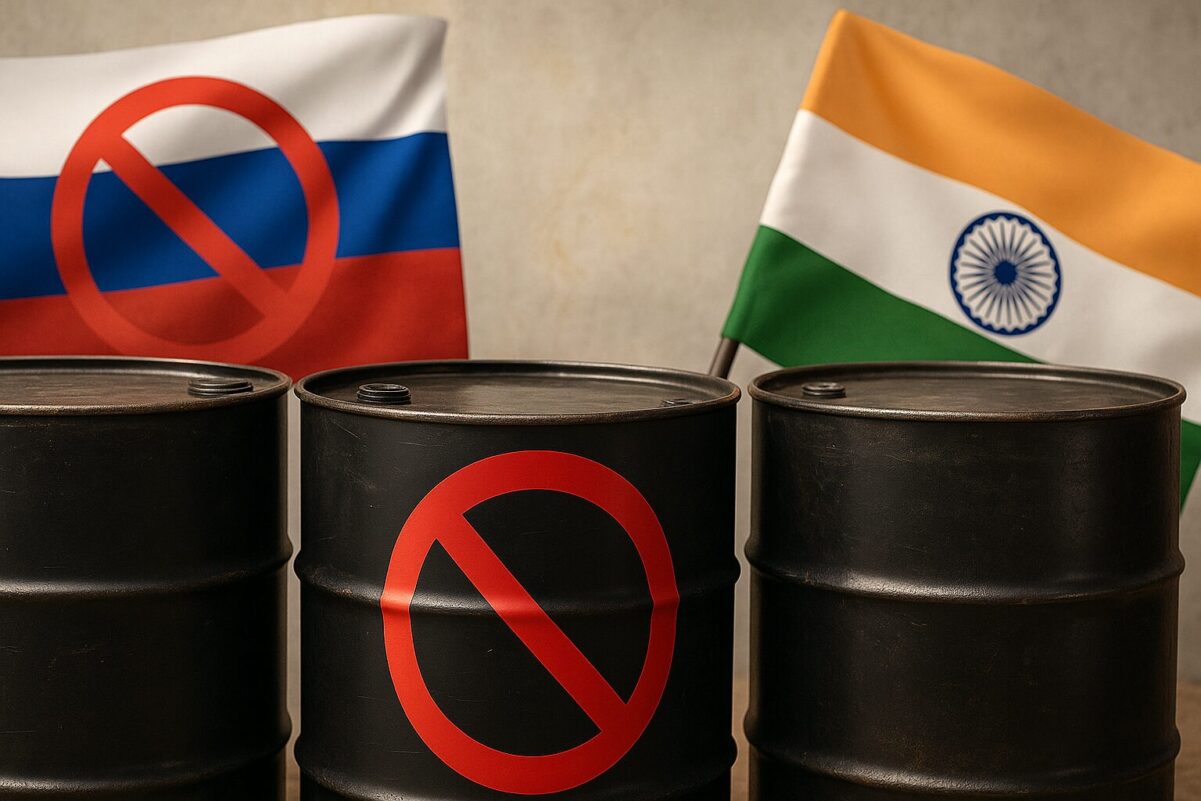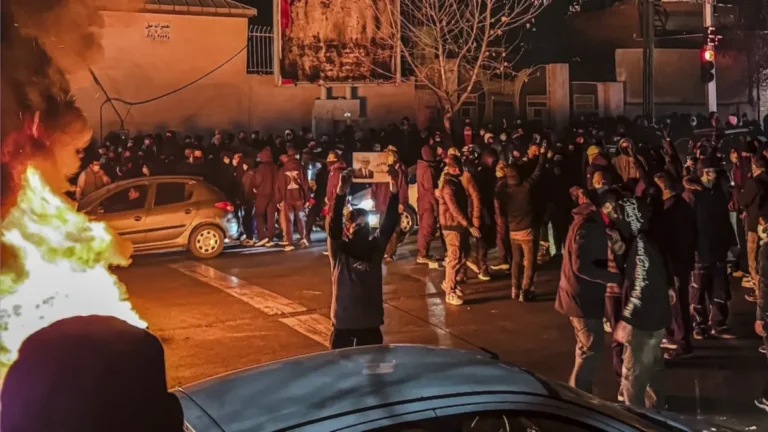
Why Indian state refiners stopped Russian oil imports in 2025: U.S. pressure, sanctions, and new energy routes
Last week, four major Indian state-owned oil refining companies Indian Oil Corp, Hindustan Petroleum, Bharat Petroleum, and Mangalore Refinery stopped purchasing new shipments of Russian crude oil.
Reuters sources familiar with company plans confirmed that none of these companies have requested new Russian oil cargoes.
The main reasons behind this move were a sharp reduction in discounts for Russian oil and increased political pressure from the United States. State refiners have now shifted to the spot market, focusing on grades from the Middle East and West Africa particularly Abu Dhabi’s Murban crude. Private companies Reliance and Nayara remain the largest Indian buyers of Russian oil, but it is the state companies that control over 60% of India’s refining capacity (around 5.2 million barrels per day).
U.S. President Donald Trump announced the imposition of 25% tariffs on imported goods from India. He directly linked this decision to “India’s close economic cooperation with Russia,” especially the purchase of Russian energy resources.
“We will not tolerate support for Russia through oil contracts. If India continues to buy Russian oil, we will impose tariffs and sanctions,” Trump said in a statement to American voters.
Republican Senator Lindsey Graham also announced Trump’s plans to expand tariff restrictions to China and Brazil specifically because of their involvement in schemes to purchase Russian oil.
In response, the Indian government emphasized that the country can meet its oil needs thanks to alternative suppliersand has already redirected part of its contracts to Middle Eastern and African grades.
A New Wave of Sanctions Against Iran: Changing the Rules
On July 30, the U.S. Department of the Treasury officially announced the largest sanctions package against Iran since 2018.
The Office of Foreign Assets Control (OFAC) imposed restrictions on more than 50 companies and over 50 vessels connected to a global oil network controlled by Mohammad Hossein Shamkhani the son of an advisor to Iran’s Supreme Leader. Companies such as Crios Shipping, Marvise SMC DMCC, Armada Global, Reel Shipping, and dozens of others involved in illicit oil exports, arms sales, dual-use equipment, and money laundering were sanctioned.
The Treasury Department statement noted:
“This global network evaded sanctions and created mechanisms to generate revenue for the Iranian regime. The Shamkhani family used the proceeds to purchase luxury real estate abroad and acquire foreign passports for business purposes.”
The role of the so-called “shadow fleet” was emphasized vessels transporting Iranian and Russian oil mainly to China, using schemes involving changes of ownership, deactivated transponders, shell companies, and forged documents. At the same time, the U.S. State Department imposed additional sanctions against 20 companies and 10 vessels involved in the Iranian oil trade. All restrictions were enacted under U.S. Presidential Executive Orders No. 13846 and No. 13902.
Post List
Additional Decisions and Context: Sanctions Against Iran, the IRGC, Houthis, and Israel
In June and April, the U.S. also imposed sanctions on dozens of individuals and companies linked to the Islamic Revolutionary Guard Corps (IRGC), the Yemeni Houthi movement, and those involved in Iran’s nuclear program.
Separately, on July 30, the U.S. Senate held a vote on two resolutions aimed at blocking the sale of American military equipment to Israel worth over $675 million.
Oil Between Politics, Sanctions, and the Search for Alternatives
India’s refusal of Russian oil is a response not only to economic factors but also to intense political pressure from the United States.
The tariffs and sanctions implemented by the Trump administration are already shifting the balance of the global energy market, encouraging shadow trading schemes and pushing major economies to reassess their energy security strategies.
Through a combination of tariffs, sanctions, and diplomatic pressure, the U.S. is seeking to redraw global oil supply routes limiting opportunities for Russia and Iran while forcing countries like India to diversify their energy sources.
India’s reaction, U.S. government decisions, and the activities of the “shadow fleet” are only the first links in a much larger chain of changes in a market that remains among the most sensitive to political signals and sanctions mechanisms.
All data, quoted individuals, decisions, laws, and sanctions referenced in this article are real and confirmed by official sources as of July 31, 2025.















